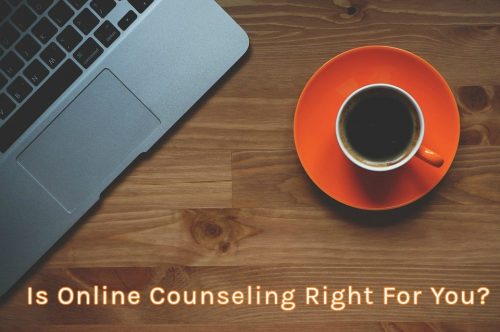Choosing the person the spend your days with is one of the most important decisions you will make — and I’m not just talking about your future spouse. With doctors, hairdressers and tailors, you can’t always rely on just anyone. The same goes for your therapist.
To make sure you’re seeing the right therapist for you, here are some things to consider.

You Don’t Know Them Personally
As people will often advise you, don’t work with family or friends. Likewise, don’t hire a therapist that you know outside of this environment. Distant acquaintances may still hold, but even casual friends are off-limits when choosing your counselor.
As it goes, it may be difficult to separate your work relationship from your personal relationship, even if your friend is a stellar professional. Being entirely objective is never a guarantee. Likewise, you risk personal relationships falling apart or being affected in some way. This is also part of basic ethics of all specialists when working.
They’re Available When You Need Them
When it comes to your therapist, you need to see someone who’s there for you when you need them. You shouldn’t have to force yourself to adapt to their schedule. Find someone whose hours work well with your timeline and needs. Remember, “While many therapists are qualified to treat common challenges such as anxiety or depression, if you are interested in working with a specialist to address a specific challenge, you should consider looking out-of-network.” A reminder from Stacy Donn Cristo, LMHC
Likewise, many therapists will allow their patients to contact them outside of sessions. If you find your counselor unable to return your calls, pick up or respond to e-mails, you might want to consider looking for someone on a more similar schedule as you.
They Aren’t Scared To Tell You The Truth But Are Mindful
Again, your therapist is not necessarily your friend: they are your therapist. And when their objective is to help you get better, sometimes some tough love is needed. They have to be able to tell you the truth about your condition and the issues you’re dealing with. However, therapists don’t have to be hurtful to it either by being honest when needed and giving helpful criticism or advice.
Moreover, they have to be able to tell you if they can help you or not. The first session spent with therapists is often a way of determining if they are capable of supporting you with your problems. Therapists are not specialists in every disorder, and it’s essential to find the right one who can give you relevant and expert advice specifically for your condition. But one thing is certain, “Through simple and direct counsel and coaching you may discover great potentials that can move your job and career to a positive place you never thought possible.” Chris Oneth LMFT said.

You Feel Challenged
To find growth and progress, you have to step out of your comfort zone. This is especially true with therapy. Occasional moments of discomfort is a sign of success towards overcoming your personal demons. Your counselor has to be able to challenge you in a way that you don’t stay too lenient and not find improvement with anything.
“The foundation of therapy is based on the relationship you build with your therapist. When seeking someone out it’s important you feel comfortable with them.” Elana Schechtman-Gil LMFT stated. That being said, it isn’t right if you only ever feel uncomfortable. You and your therapist have to be able to find a way to strike a balance between needed comfort and significant challenges. Only then will you find yourself on the path towards recovery or improvement.